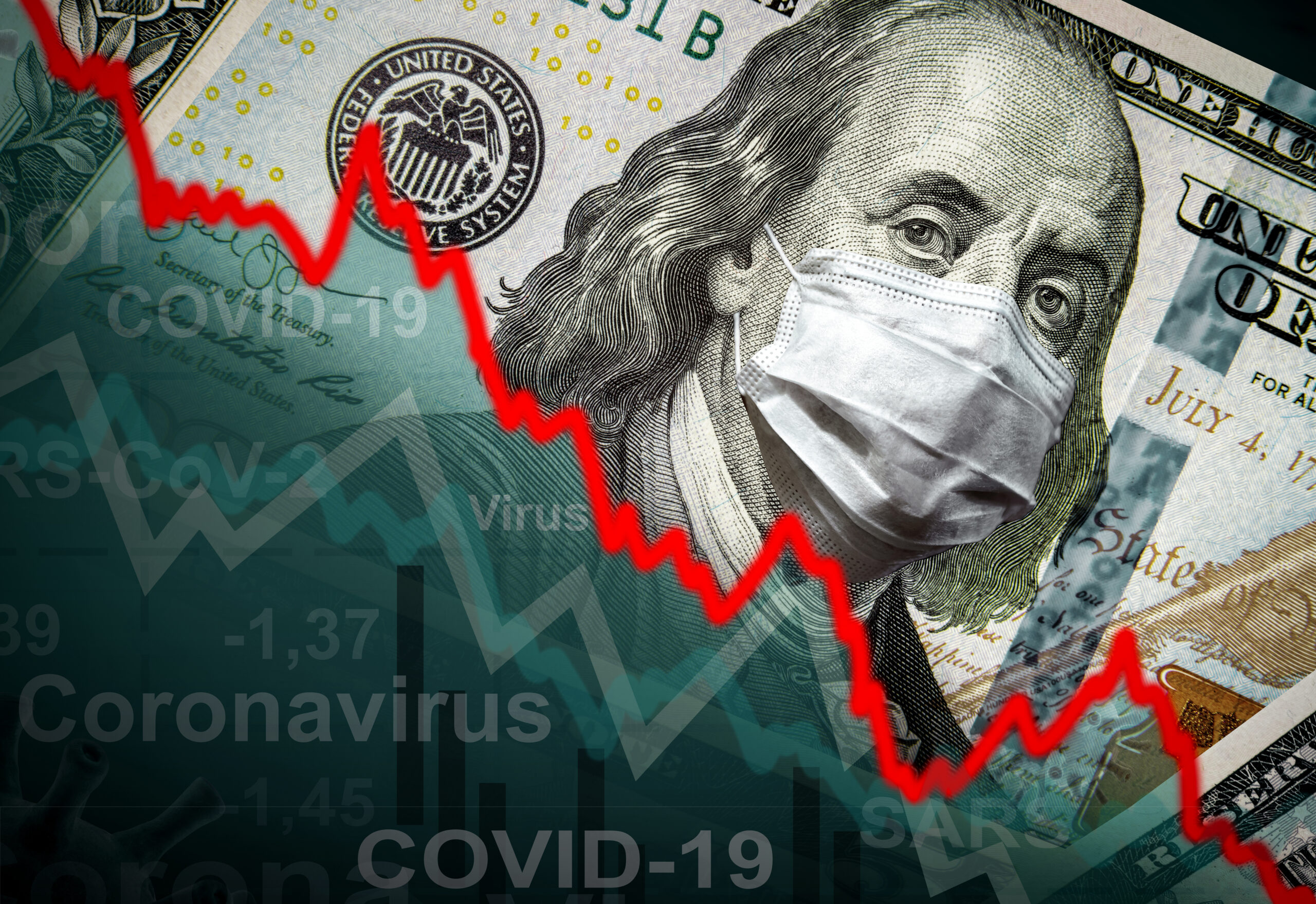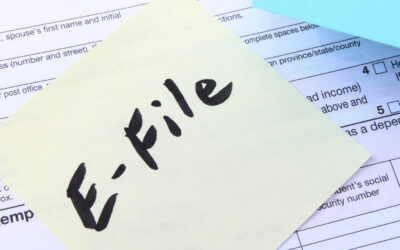On March 11, 2021, President Biden signed the American Rescue Plan Act of 2021, H.R. 1319 (ARPA), into law, providing $1.9 trillion in additional stimulus, including $7.25 billion in Paycheck Protection Program (PPP) funding for small businesses.
The ARPA expands PPP eligibility to most nonprofit entities and internet publishing organizations that meet certain conditions, as described below. The ARPA also provides additional grant relief to eateries, theaters, and live entertainment venues under the Restaurant Revitalization Fund and Shuttered Venue Operators Grant programs.
The current deadline for PPP loan applications continues to be March 31, 2021, however, both the U.S. House of Representatives and Senate passed a bill (H.R. 1799) that would extend the PPP application deadline to May 31, 2021. President Biden is expected to add his signature to the new legislation in the coming week.
Nonprofit Entities – Eligibility Requirements
- Larger nonprofit entities including section 501(c)(3) and 501(c)(19) operating in multiple locations that employ no more than 500 employees per physical location (300 or fewer per physical location for second-time PPP borrowers).
- Additional covered nonprofit entities including section 501(c)(6) and destination marketing organizations that employ no more than 300 employees per physical location and are not engaged in significant lobbying activities (no more than 15% of total receipts or activities and cost cannot exceed $1 million).
Digital Publishing Organizations – Eligibility Requirements
- A business or majority-owned / controlled by a business concern or an organization that is assigned a NAICS code of 519130 and employs no more than 500 employees per physical location (300 or fewer per physical location for second-time PPP borrowers), and is internet-only news or periodical publisher engaging in the collection and distribution of local or regional and national news and information.
Restaurant Revitalization Fund (RRF) – Eligibility Requirements
- Eligible entities include restaurants, food stands, food trucks, food carts, caterers, saloons, inns, taverns, bars, lounges, brewpubs, tasting rooms, taprooms, licensed facilities, or premises of a beverage alcohol producer where the public may taste a sample, or purchase products, or other similar places of business.
- Entities that are not eligible for RRF grants include establishments operated by a state or local government, businesses with more than 20 locations, businesses that have a pending application for or have received a Shuttered Venue Operators Grant (SVOG) under the Consolidated Appropriations Act, and publicly-traded companies.
- Must certify that “the uncertainty of current economic conditions makes necessary the grant request to support the ongoing operations of the eligible entity.”
- Grant amounts are provided based on the applicant’s pandemic-related revenue loss, which is calculated by subtracting 2020 gross receipts from 2019 gross receipts.
- The maximum RRF grant an entity and any affiliated businesses may receive is capped at $10 million (limited to $5 million per physical location) and is further reduced by the amount of any PPP loan received in 2020 or 2021.
- RRF grants to small businesses owned by women or veterans, or socially and economically disadvantaged small businesses will be prioritized during the initial 21-day period.
- RRF grants may be used for general payroll costs, mortgage principal or interest payments, rent payments, utilities, maintenance expenses, supplies, food and beverage expenses, certain supplier costs, operating expenses, paid sick leave, and other expenses that are essential for the entity to remain in business.
Shuttered Venue Operators Grant (SVOG) – Additional Relief
- Eligible entities must have a fixed performance or audience space with a principal business activity primarily based in the performing arts, including live venue operators and promoters, theatrical producers, arts organizations, motion picture theaters, museum operators, and talent representatives in operation as of February 29, 2020.
- Allows recipients of new PPP loans awarded after December 27, 2020, to also receive an SVOG (the PPP loan amount is deducted from any SVOG award).
- Recipients of PPP loans awarded before December 27, 2020, and eligible to receive an SVOG, will not have any reduction to the SVOG award.
- Businesses will be ineligible to apply for a PPP loan after receiving an SVOG. Following the passage of the ARPA, on March 18, 2021, the U.S. Small Business Administration (SBA) codified the changes included therein and released a 26-page interim final rule (IFR) providing additional guidance on loans made under the PPP, RRF, and SVOG programs.
Eligible Entities
- The revised IFR implements the changes to the list of eligible entities and requirements relating to nonprofit and digital publishing organizations noted above and as a result of the ARPA.
- The list of eligible entities for first draw PPP loans is clarified to include businesses with a NAICS code beginning with 72 that employ no more than 500 employees per physical location.
Applicability to Shuttered Venue Operator Grants (SVOG)
- Allows organizations that are eligible for SVOG to get PPP loans.
- Any organization that receives a PPP loan on or after December 27, 2020, will need to reduce the amount of SVOG by the amount of PPP loans received, including both first and second draw loans.
- Entities that receive an SVOG grant will not be eligible to apply for a PPP loan after the SVOG grant has been received.
Forgiveness of First Draw and Second Draw PPP Loans
- Payroll costs that are not eligible for loan forgiveness have been clarified and include qualified wages taken into account in determining:
- The Employee Retention Credit under section 2301 of the Cares Act, as amended by section 206 of the Taxpayer Certainty and Disaster Tax, Relief Act of 2020
- The Employee Retention Credit under section 3134 of the Internal Revenue Code, or
- The disaster credit under section 303 of the Relief Act
- Payroll costs that are not eligible for loan forgiveness also include premiums for COBRA continuation coverage taken into account in determining the credit under 6432 of the Internal Revenue Code.
If you have any questions on the updates to PPP loans, grant relief, and SBA programs under the American Rescue Plan Act of 2021, please don’t hesitate to contact us





